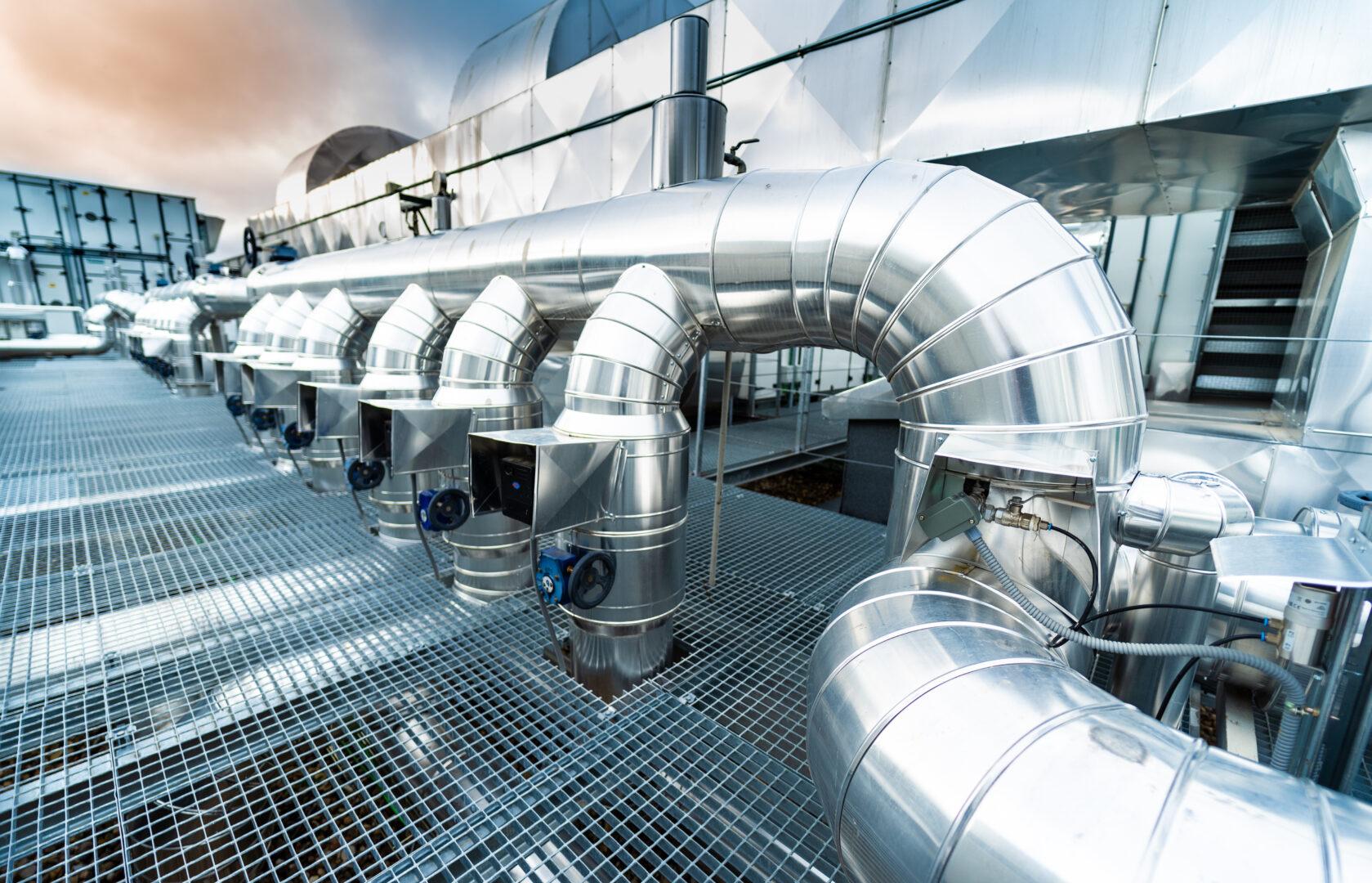Climatic Harmony: Mastering Your Home's Heating and Cooling
Climatic Harmony: Mastering Your Home's Heating and Cooling
Blog Article

In today's world, maintaining a comfortable indoor environment has become more important than ever. With fluctuating temperatures and extreme weather conditions, understanding the principles of heating and air conditioning can significantly enhance our quality of life. Whether you're trying to escape the chill of winter or seeking respite from the sweltering heat of summer, mastering these systems is crucial for creating a harmonious home climate.
Heating and air conditioning not only contribute to our physical comfort but also play a vital role in energy efficiency and sustainability. By optimizing your home's systems, you can reduce energy consumption and minimize your carbon footprint, helping to protect the planet while also saving on energy costs. In this article, we will explore practical tips and innovative strategies to ensure your heating and air conditioning systems work seamlessly together, providing year-round comfort without compromising the environment.
Understanding Home Heating Systems
Home heating systems play a crucial role in maintaining a comfortable indoor environment during colder months. There are several types of heating systems available, each with its own mechanism and benefits. The most common types include central heating systems, space heaters, and heat pumps. Central heating systems are often powered by natural gas, electricity, or fuel oil, and distribute heat throughout the home via ducts or radiators. Space heaters, on the other hand, provide localized heating and can be powered by electricity or gas, making them a convenient option for warming specific rooms.
Learn How
Selecting the right heating system for your home depends on various factors such as the size of your living space, climate, and energy efficiency preferences. Central heating systems are typically more efficient for larger homes, while space heaters might be ideal for smaller spaces or for supplemental heating. Heat pumps are gaining popularity due to their ability to provide both heating and cooling, making them a versatile choice for year-round comfort. Understanding these options can help homeowners make informed decisions about their heating needs.
Maintenance of heating systems is essential for optimal performance and efficiency. Regular inspections and servicing can prevent breakdowns and extend the life of the equipment. Homeowners should also be aware of the importance of proper insulation and sealing to enhance the effectiveness of their heating systems. By investing time and resources in understanding home heating systems, individuals can achieve a warm and welcoming environment while keeping energy costs manageable.
Exploring Air Conditioning Options
When it comes to air conditioning, homeowners have a variety of options to choose from. Central air conditioning systems are a popular choice for their ability to cool an entire home efficiently. These systems use a network of ducts to distribute cool air through different rooms, making them ideal for larger spaces. When considering central air, it is essential to assess the size of your home and choose a system with the appropriate cooling capacity to avoid inefficiency and excessive energy costs.
For smaller spaces or homes without existing ductwork, ductless mini-split systems can offer a versatile and effective solution. These systems consist of an indoor unit and an outdoor compressor, allowing for targeted cooling in specific rooms. Ductless systems are known for their energy efficiency and quieter operation, making them an excellent choice for more compact living areas. They also provide the flexibility of individual temperature controls, ensuring that each room can be tailored to personal comfort preferences.
Portable and window air conditioners are also viable options for those seeking temporary or supplemental cooling solutions. Portable units can be moved from room to room and are easy to install, making them perfect for apartments or homes that do not require a full system. Window units, on the other hand, are mounted in a window and offer a more permanent solution for cooling single rooms. Both options can be budget-friendly and efficient for smaller spaces, allowing for immediate relief from the heat without the commitment of a larger system.
Maintaining Climatic Balance
Achieving an ideal climate in your home requires a proactive approach to managing heating and air conditioning systems. Regular maintenance is essential to ensure that these systems function efficiently throughout the year. This includes changing filters, cleaning ducts, and scheduling professional inspections to identify any potential issues before they escalate. Keeping your systems well-maintained not only enhances comfort but also prolongs the lifespan of your units.
Another important factor in maintaining climatic balance is understanding how to effectively use your thermostat. Programmable thermostats allow you to set different temperatures for various times of the day, helping save energy when you're not home. It's important to find the right settings that balance comfort with efficiency. Additionally, consider using zoning systems if your home has varying temperature needs in different areas, ensuring that each space is heated or cooled appropriately without overworking your units.
Finally, be mindful of external factors that can influence your indoor climate. Proper insulation, weatherproofing doors and windows, and using curtains or shades can greatly impact the heating and cooling requirements of your home. For instance, during summer, reflective window treatments can reduce heat gain, while proper insulation keeps warmth in during winter. By addressing these elements, you'll create a harmonious living environment that optimizes the performance of your heating and air conditioning systems, resulting in year-round comfort.
Report this page